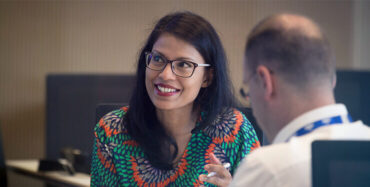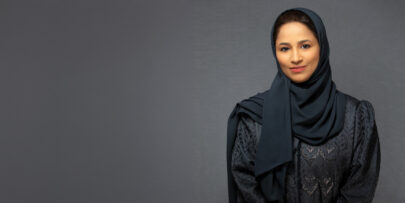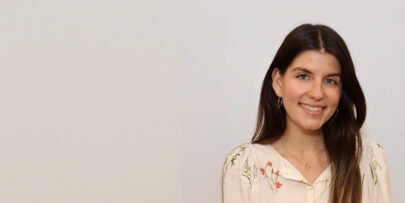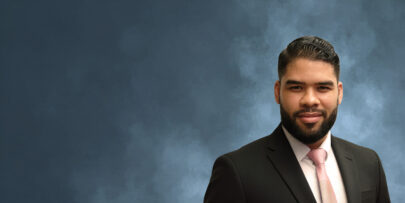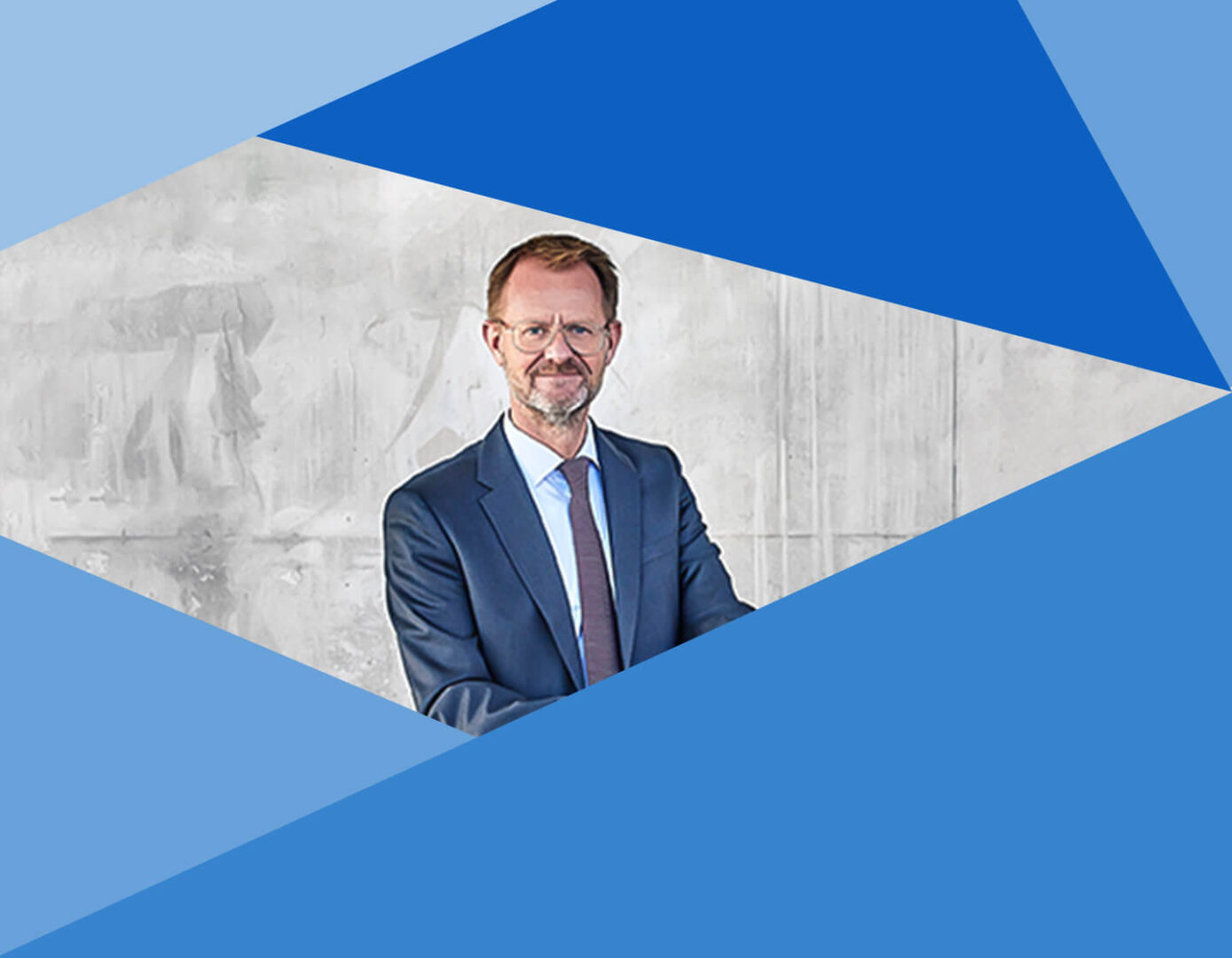
More than half of the market value of the Copenhagen stock exchange for large corporates stems from companies controlled by foundations, explains Peter Haahr, EMBA 2009, in a mini-tutorial about the peculiarities of Danish capitalism.
“That includes the obvious well-known names, like Carlsberg and Maersk, and also a duo in pharmaceuticals: Novo Nordisk and Lundbeck.”
Haahr should know. Having embarked as a health care industry analyst on the back of his degree in finance and accounting, he moved to the Novo Nordisk Group, encompassing the world’s leading diabetes care company, where he stayed for more than 20 years. His final job was as CFO for the investment company of the Novo Nordisk Foundation, Novo Holdings, controlling the country’s leading drugmaker, before progressing last year to become chief executive of the LEO Foundation.
“Danish foundations are the legacies of company creators, or later owners, who have found that the best long-term ownership of their company would be through a foundation,” he explains. Each has its own charter, setting out the founder’s precise wishes. Often that involves a mandate to secure the operating company’s future and to manage the dividends and other financial distributions accumulated each year. Many such foundations have a third, philanthropic, role, making grants and donations to researchers, academics and others, usually in fields linked to the core activity of the underlying operating company.
The LEO Foundation, is no exemption. It controls LEO Pharma, a globally active dermatology group with 6,000 employees. Its assets under management amount to some 2.3 billion euros ($2.6 billion), allowing grants to scientific purposes – historically of about 20 million euros a year – with the overall aim of improving the lives for people living with skin diseases.
The Novo Nordisk Foundation is more than 10 times the size of LEO’s and its grant giving far more munificent. So why did Haahr, still only 53 and married with two sons aged 19 and 20, make the jump after so long with what he calls the Novo Nordisk ‘family’?
“Novo Nordisk Group is a fantastic place, with great people where I learned so much. I have always been motivated by taking business to the ‘next level’ and having accomplished this in my five years at Novo Holding, I was motivated by the opportunity to take on this challenge with the LEO Foundation’s operating company, philanthropic activities and asset management business. I was also attracted by the entrepreneurial spirit and the chance to work with great people who sincerely want to make a difference to society,” he says. At the LEO Foundation, Haahr, a 2009 EMBA graduate, is much more involved in all three of the foundation’s activities than just risk and asset management as a job.
Running the LEO Foundation means I retain some operational exposure (the foundation’s CEO sits on the operating company’s board). But I also look over our risk and asset management activities and are involved in our grant giving too.”
The burden may soon broaden. Shortly before his arrival, the LEO Foundation agreed to sell a 20-25 percent stake in LEO Pharma to Nordic Capital, a regional private equity powerhouse, in return for a 450-million-euro investment in the company.
The reason was both operational and financial, Haahr explains. LEO Pharma had amongst others been spending heavily on growth, notably around a crucial new product launch in the US planned for first quarter 2022. While it could have raised money elsewhere, Nordic Capital offered not just cash, but valuable expertise. The group is a seasoned investor in life sciences and even has an operational unit supporting with expertise within areas like HR, production and procurement.
The LEO Foundation had over the past years been considering its options for future ownership, which could have included a stock market listing for the operating company, he reveals. But it opted for partnership, because Nordic Capital also brought capital markets perspective and expertise.
Those skills may be particularly desirable as LEO Pharma has been lossmaking for the past two years. “The strategy was deliberate,” Haahr explains. “There was a conscious decision to somewhat sacrifice the bottom line in favour of investing in the pipeline and launch preparedness. Of course, it’s not sustainable over the long-term. But you should see it as a strategic sign.”
LEO Pharma’s new product, labelled AdbryTM in the US, designed to treat atopic dermatitis, will sit alongside the group’s established treatments for psoriasis, a chronic inflammatory skin disease, eczema and acne.
What made him choose IMD back in 2008? “I was in my second year at the German subsidiary of Novo Nordisk and I felt the need for some academic inspiration. Four years earlier, I’d completed the two separate five-week courses that were then a prerequisite for starting the MBA, so I thought: ‘why not now do the EMBA on top?’ IMD was the obvious place to go as I’d already done the preliminary work and found the campus, faculty and fellow students to be such high quality.”
“It fully lived up to expectations. What I was able to learn from other participants and the faculty was fascinating. The highpoints for me were the sessions on leadership, organisation and strategy – especially, in the latter case, learning to pull through on execution was very inspirational.”
An avid Liverpool fan, Haahr says his work schedule allows relatively little time for hobbies. But he and his two sons try to visit Anfield, home of the British soccer club, a few times each season. “Yes, Denmark also has great soccer teams. But the Premier League is a world of difference,” he says.
